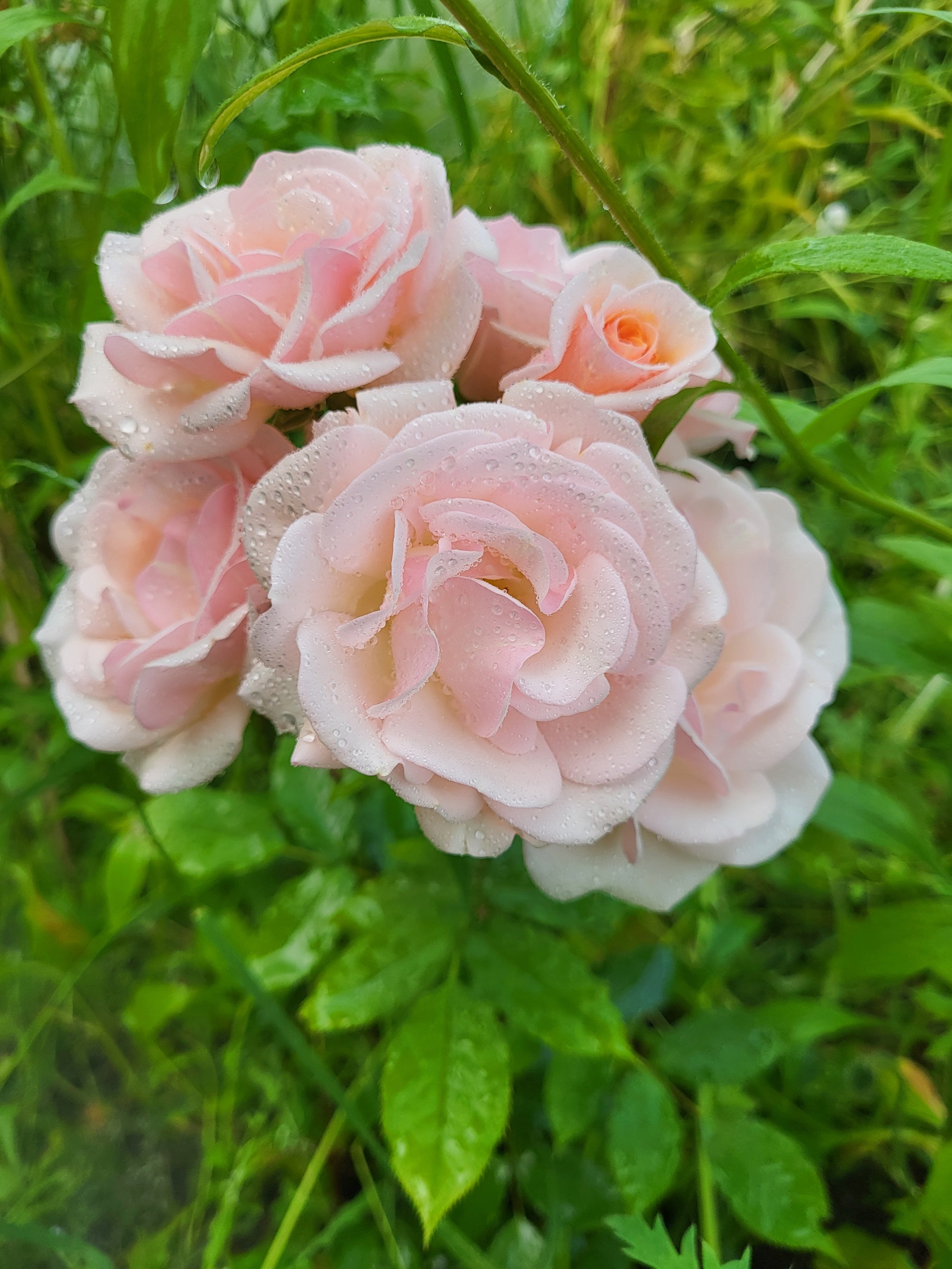 Image 1 of 3
Image 1 of 3

 Image 2 of 3
Image 2 of 3

 Image 3 of 3
Image 3 of 3




Rose Growing for Cut Flowers Workshop Monday 19 May 2025
IN-PERSON WORKSHOP
Monday 19 May 2025
11am-3pm
MILL POND FLOWER FARM, FOULDEN, BERWICKSHIRE
TD15 1UL
£100 per person
Refreshments and light lunch included
A specialist in-person workshop that looks in detail at growing roses as cut flowers, including how to choose, establish and nurture plants and which varieties are recommended for growing as cut flowers in the UK.
If you want to grow roses as cut flowers on a relatively small scale, but aren’t sure how to do it to get the very best results, this workshop is for you! It is based on Paula’s experience of growing thousands of roses for sale as cut flowers over the past 12 years in the Scottish Borders, without the use of pesticides or herbicides. It includes information on cutting and conditioning roses at the stages to achieve the best quality blooms for wedding, events and retail sales.
Paula has run on-farm workshops on rose growing during the past 8 years, presented on Rose Growing at the Flowers from the Farm Conference in 2019, and wrote a popular online course on Rose Growing for The Business of Selling Flowers.
This is a rare chance to learn how we grow our roses at Mill Pond Flower Farm, both under cover and outside.
The workshop will cover
Choosing varieties and rose types
Buying stock
Planting and growing
Pruning for cut flowers
Cutting and conditioning
Selling roses
Limited spaces available
IN-PERSON WORKSHOP
Monday 19 May 2025
11am-3pm
MILL POND FLOWER FARM, FOULDEN, BERWICKSHIRE
TD15 1UL
£100 per person
Refreshments and light lunch included
A specialist in-person workshop that looks in detail at growing roses as cut flowers, including how to choose, establish and nurture plants and which varieties are recommended for growing as cut flowers in the UK.
If you want to grow roses as cut flowers on a relatively small scale, but aren’t sure how to do it to get the very best results, this workshop is for you! It is based on Paula’s experience of growing thousands of roses for sale as cut flowers over the past 12 years in the Scottish Borders, without the use of pesticides or herbicides. It includes information on cutting and conditioning roses at the stages to achieve the best quality blooms for wedding, events and retail sales.
Paula has run on-farm workshops on rose growing during the past 8 years, presented on Rose Growing at the Flowers from the Farm Conference in 2019, and wrote a popular online course on Rose Growing for The Business of Selling Flowers.
This is a rare chance to learn how we grow our roses at Mill Pond Flower Farm, both under cover and outside.
The workshop will cover
Choosing varieties and rose types
Buying stock
Planting and growing
Pruning for cut flowers
Cutting and conditioning
Selling roses
Limited spaces available